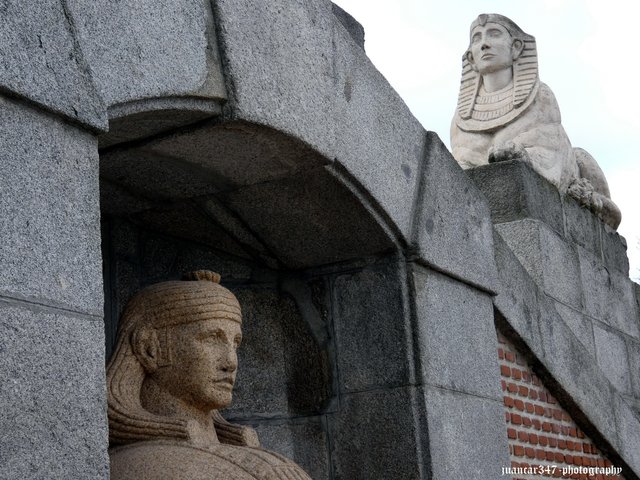
All cities have their obscurities and their secrets, their enigmatic places and their mysteries: those same ones, which due to their media idiosyncrasies, do not seem to fit into the grandiose framework of the urban and traditional puzzle that welcomes them and that for some unheard-of reason saw them born.
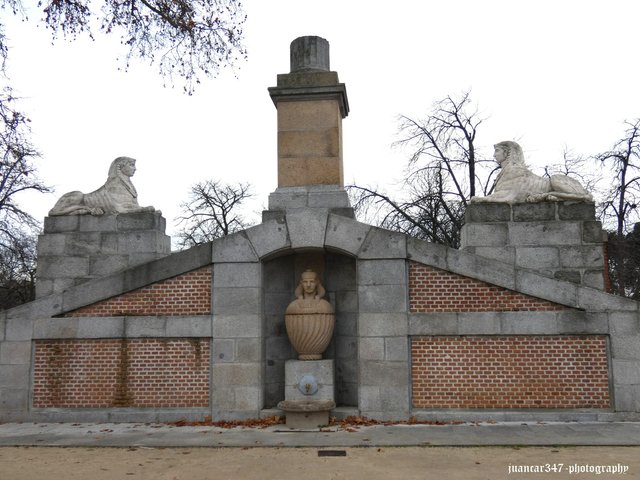
There are many visitors who come to Madrid every year and take enthusiastic selfies, taking as background the romantic and melancholy charm of a temple, that of Debod, which was built millennia ago in the mysterious sands of the country of the Pharaohs, Egypt, and that due to the vicissitudes of a History, sometimes capricious, ended up traveling stone by stone to Madrid, as a gift from the Egyptian Government for the Spanish involvement in saving historical monuments during the construction of the Assuan dam.
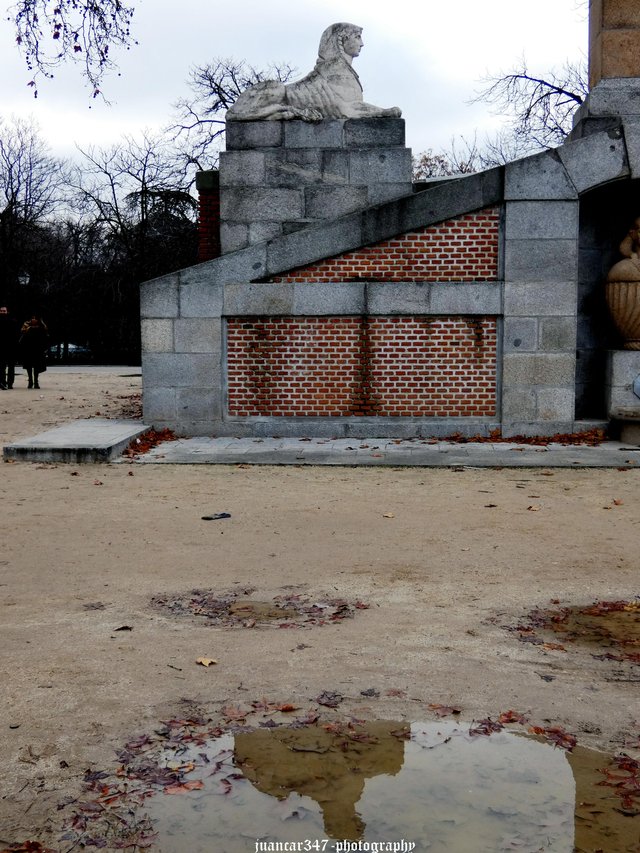
But there are also very few who know that in the very heart of Madrid, in that splendid and metaphorical natural lung that is its extraordinary Retiro Park, there is another reference, which, although less spectacular than the temple of Debod and with a modern design, It also has its charm and shares the exotic magnetism of that ancient civilization: the Egyptian Fountain.
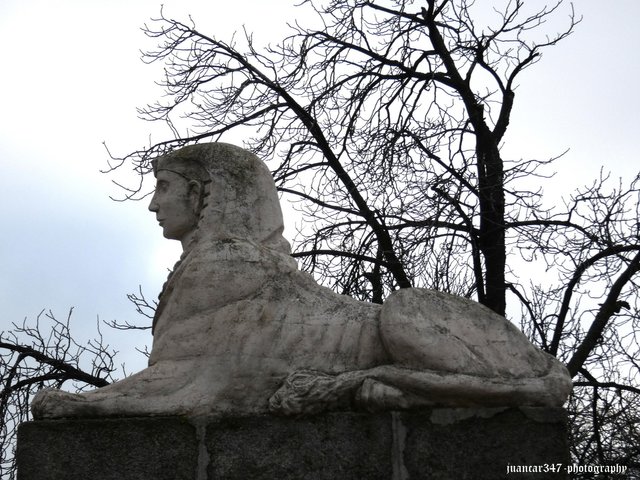
The work of the architect Isidro González Velázquez and inaugurated in 1850, the Egyptian Fountain - which at first and in an apparently erroneous way, received the name of the Egyptian Fountain of the god Canopus - rises a few meters from the Great Pond, looking from facing another work of neoclassical style and in the form of a Greek temple, which serves as a jetty.
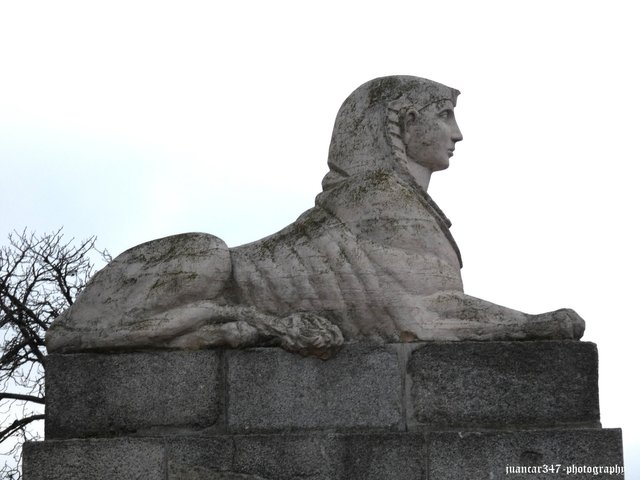
Its style, also neoclassical or neo-Egyptian, as some historians like to affirm, demonstrates, as a whole, the great interest that the classical civilizations aroused in Europe in the 18th and 19th centuries, as well as the expectation that the Egyptian civilization, due to its grandeur , beauty, mystery and exoticism, caused during Napoleon's campaign, a moment of great discoveries, among them the one made by Champollion, when he found, who knows if helped by the Goddess Fortune, the keys to unravel the sacred language of the ancient inhabitants of the Nile: hieroglyphics.
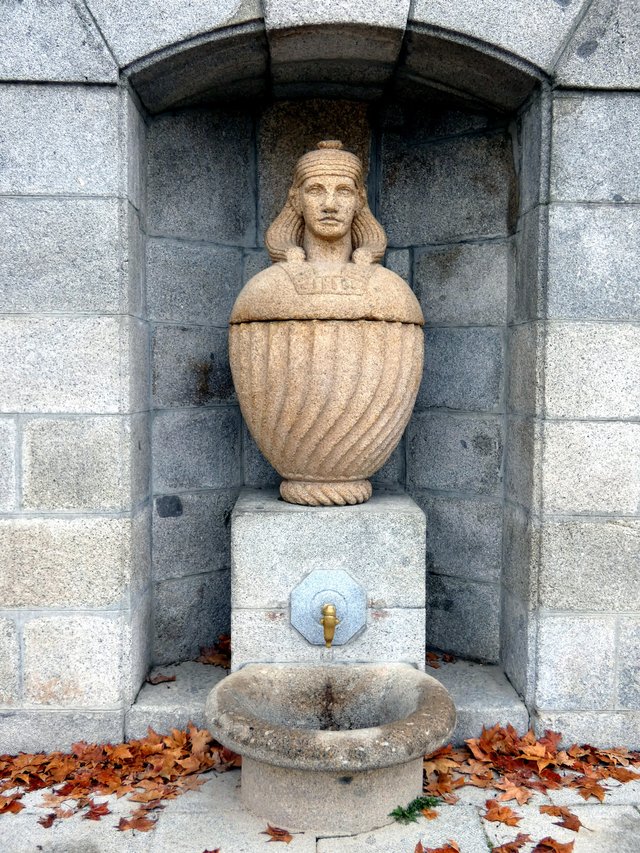
The Egyptian Fountain, represents, in its central part, a huge canopic vessel - the canopic or canopic vessels were used to deposit the viscera of the deceased, since the Egyptians had the firm belief that the dead woke up to the afterlife, hence its custom of embalming them- crowned by a head, hieratic and covered by the typical head covering, called kkaft, in the central part.
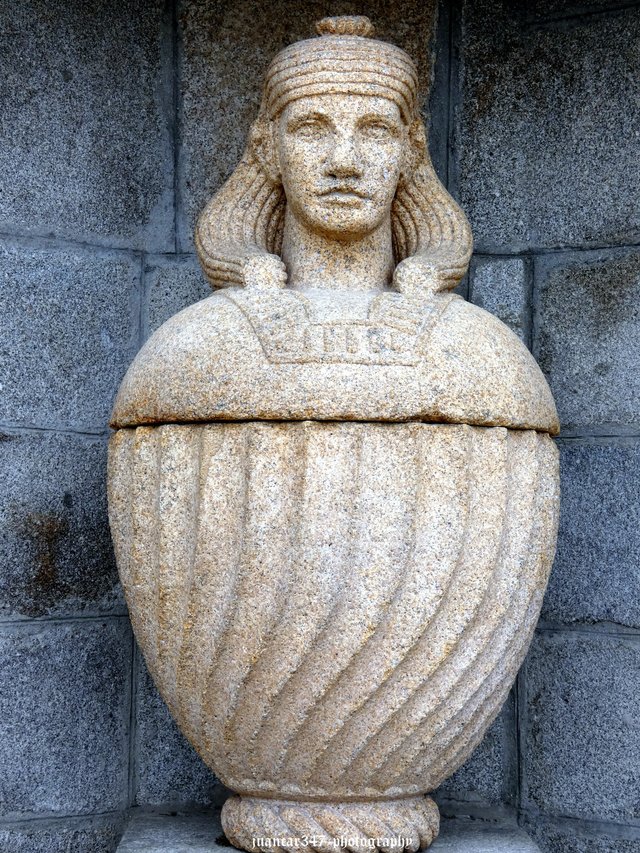
With an elongated and triangular body, above the canopic jar, at both ends, two sphinxes face each other, which originally looked towards a reproduction of Osiris, the god of the dead of the ancient Egyptians, husband of the goddess Isis and father of the god-Horus falcon, which formed the so-called Sacred Trilogy.
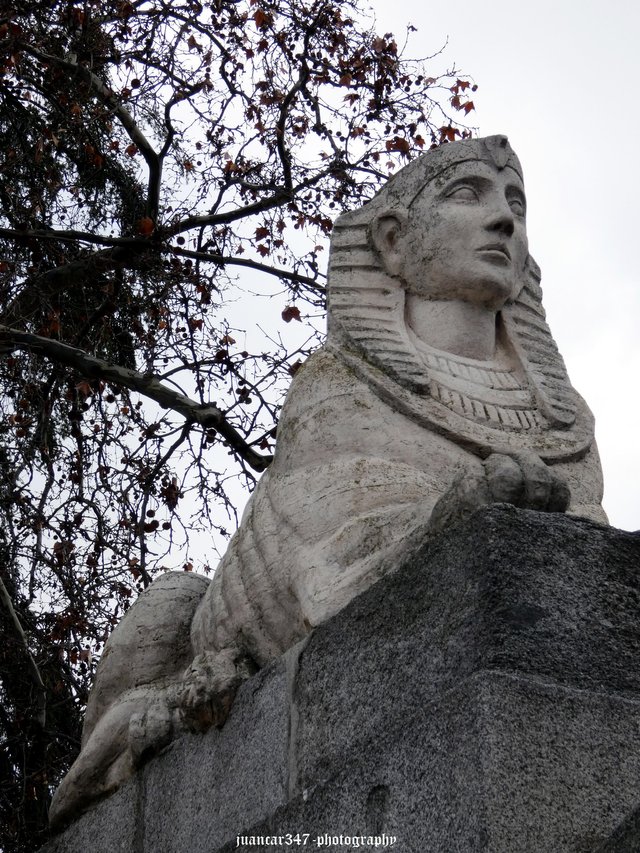
NOTICE: Both the text and the accompanying photographs are my exclusive intellectual property and therefore are subject to my Copyright.
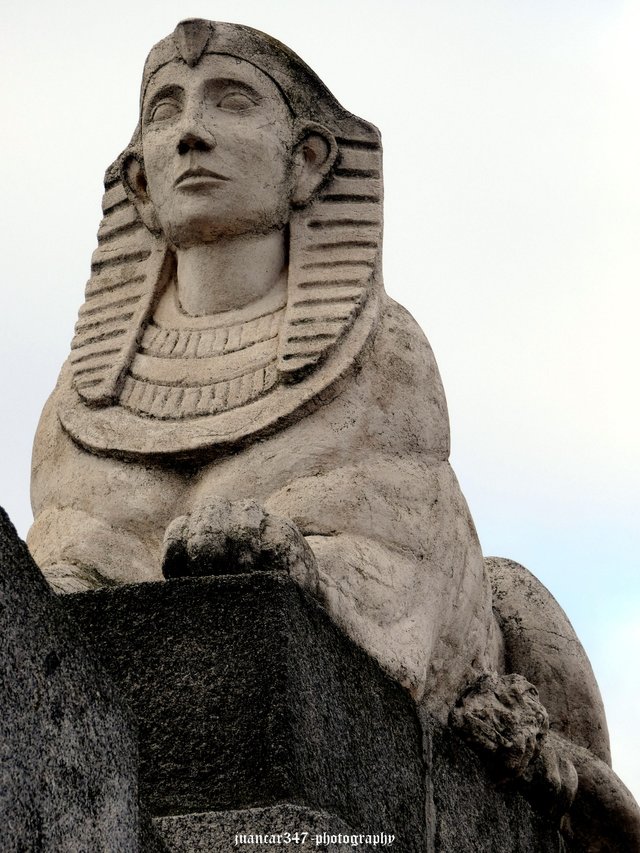
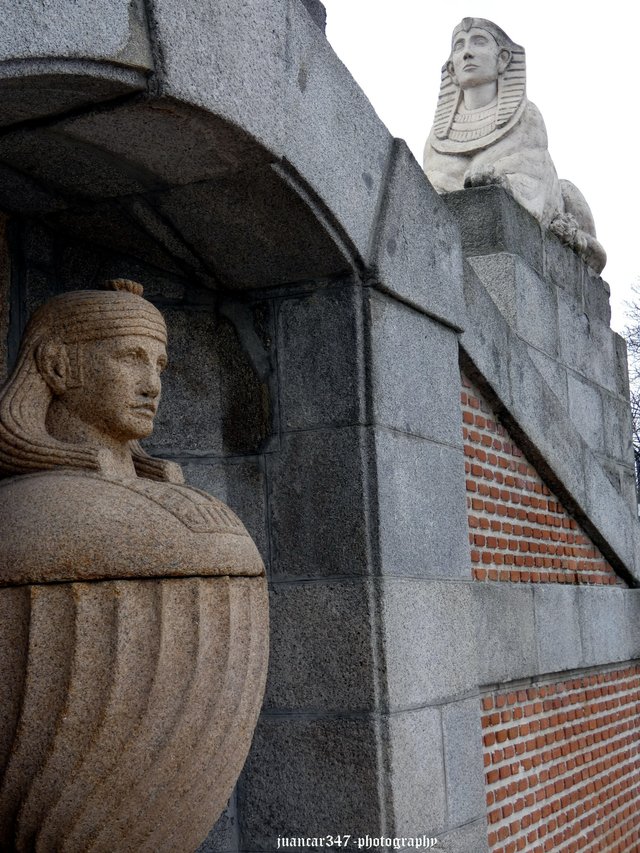
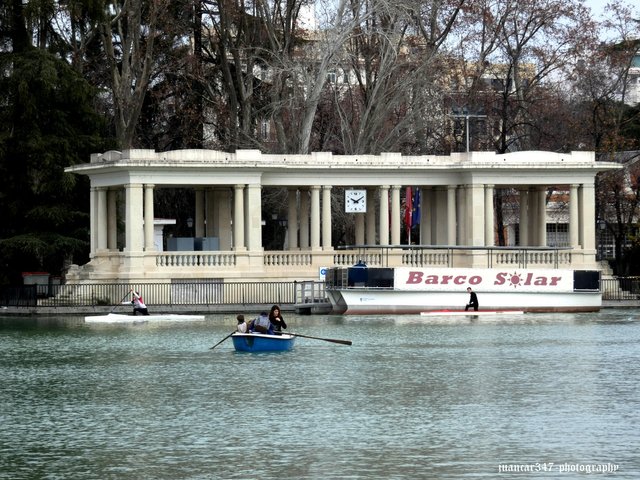
Congratulations @juancar347! You received the biggest smile and some love from TravelFeed! Keep up the amazing blog. 😍 Your post was also chosen as top pick of the day and is now featured on the TravelFeed.io front page.
Thanks for using TravelFeed!
@smeralda (TravelFeed team)
PS: You can now search for your travels on-the-go with our Android App. Download it on Google Play
Downvoting a post can decrease pending rewards and make it less visible. Common reasons:
Submit
Thank-you very much
Downvoting a post can decrease pending rewards and make it less visible. Common reasons:
Submit